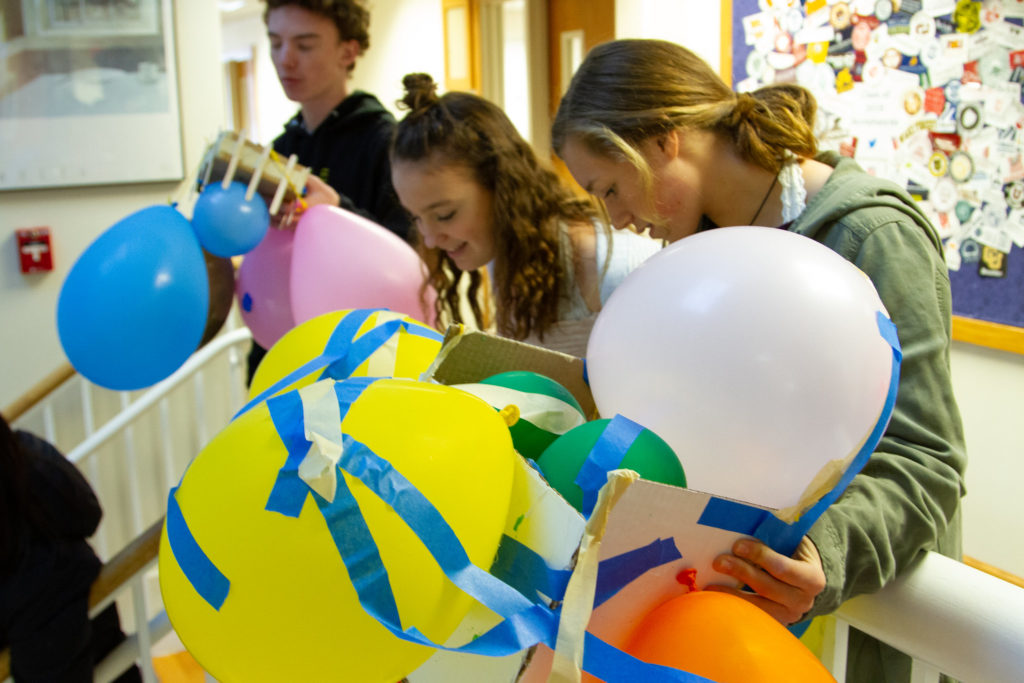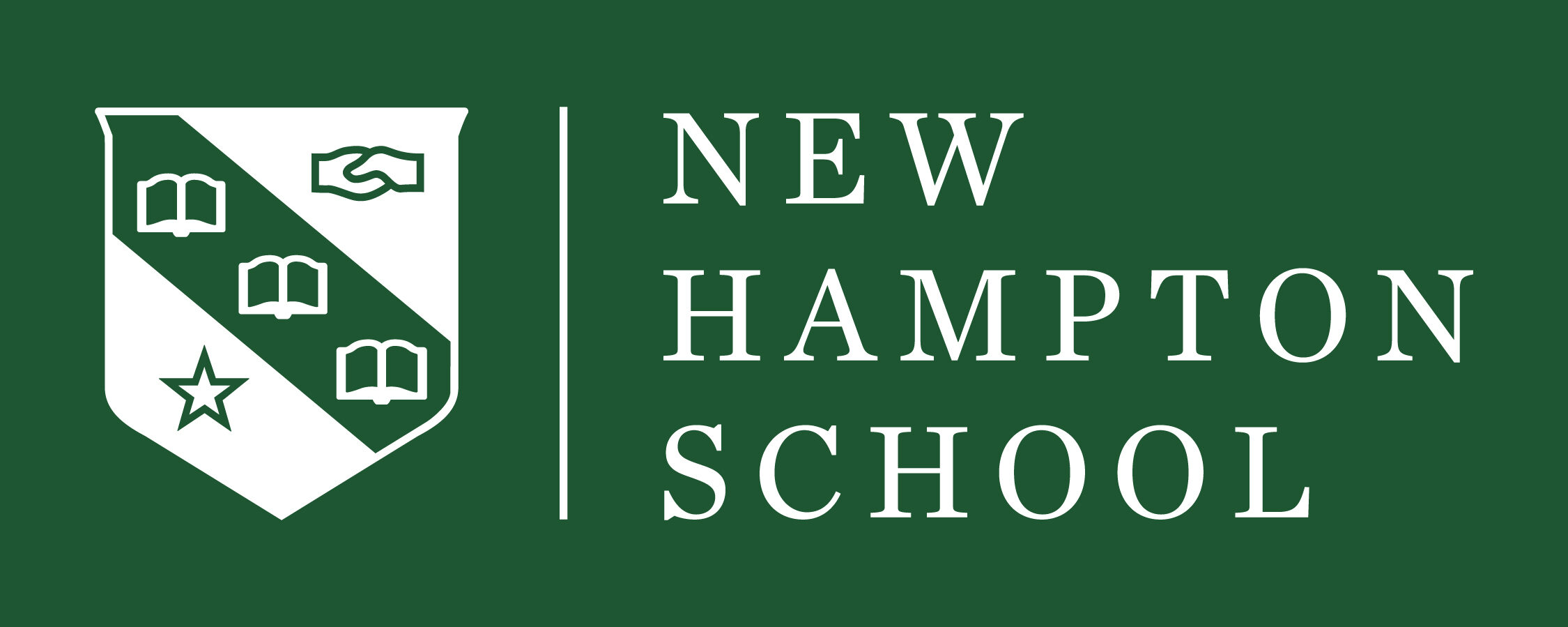The rapidly approaching end to the school year means exams and assessments are on the horizon. There are many ways to prepare and review. Though every student studies differently, our Academic Office shared a few simple techniques that apply to students in a variety of classes with a wide range of study habits. These study tips can be implemented for a unit test or a year-long exam, and our teachers are eager to help their students prepare as best they can for a strong finish at the end of their school year.

Timing is key
- Study with more focus, for less time. A simple way of thinking about this involves basic math. The work you accomplish equals the intensity of your focus, multiplied by the time spent preparing. Set aside your distractions – close your door, or your web browser and put your phone away. One focused hour of work could be the equivalent of three hours of distracted studying!

Construct your challenges
- Create exam questions. These may or may not be used on your test, but a great way to review is to write test questions after reviewing your course material. This exercise helps your brain think about key concepts, timelines, and cause and effect. Sometimes, our teachers may ask students to submit test questions, and they might appear on your test!

Share with an audience
- Explain the material you’re reviewing to an eight-year-old, or pretend you are explaining the material to a child. If you approach your work as though you will summarize it for an eight-year-old child, you will focus on key content and ideas. This type of summarization will also help you synthesize information and aid your recall on an assessment.

Healthy approaches to exams and studies
Good study habits go a long way when preparing for exams. New Hampton School faculty are always striving to help their students perform at their best. The ideas above were shared at a faculty meeting so that teachers can help their students prepare by forming healthy and consistent study habits. While the content in each course may differ, our approach to preparation can be shared with simple themes and discipline when the timing matters.




